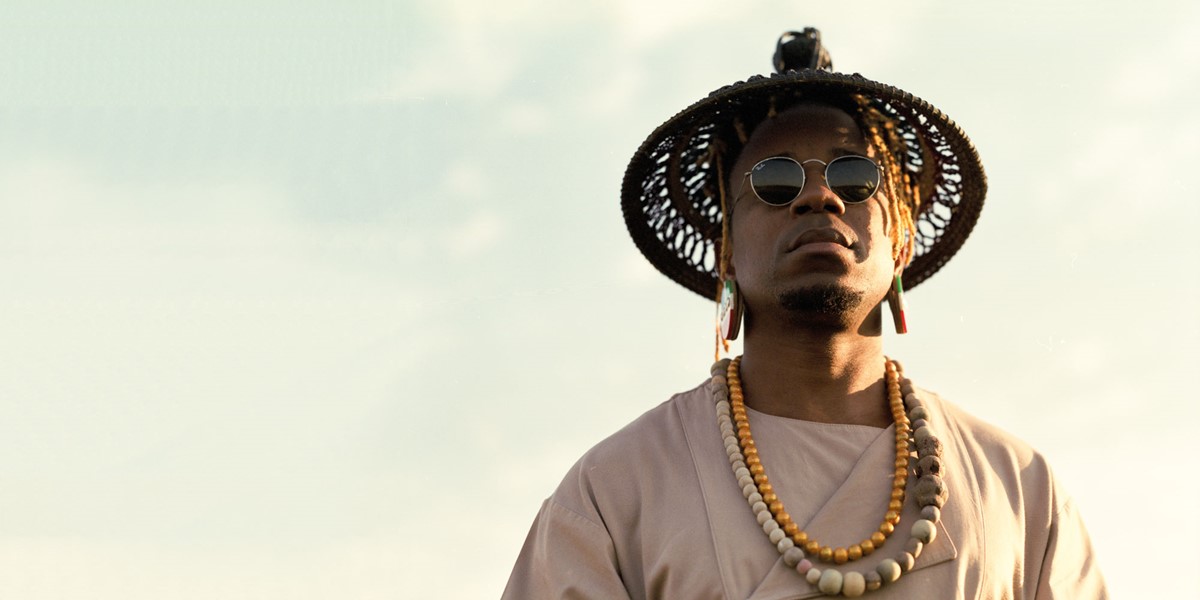Sunday, December 13, 2020
Blick Bassy: “This generation must defy imported culture and design their own role models and paths”
Daniel Brown speaks to Cameroonian musician and writer Blick Bassy about breaking the silence on France’s colonialist treatment towards his country’s independence heroes

Blick Bassy (photo: Justice Mukheli)

Register now to continue reading

Thanks for visiting the Songlines website, your guide to an extraordinary world of music and culture. Sign up for a free account now to enjoy:
- Free access to 2 subscriber-only articles and album reviews every month
- Unlimited access to our news and awards pages
- Our regular email newsletters

